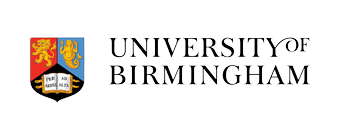Aerospace engineering at Kingston has an innovative curriculum, excellent links with industry, and cutting-edge facilities. Kingston is the perfect place to study aerodynamics, propulsion, structures, dynamics, and materials.
You'll put the theory straight into practice, applying what you learn to the problems of aerospace design and taking part in a group design project.
We offer both BEng and MEng degrees and a specialized pathway in Space Technology.
The MEng has an extra year of study and can provide a faster route to chartered engineer (CEng) status. It also has the option to integrate an industrial placement with further studies (subject to accreditation by RAeS).
Reasons to choose Kingston University
- Both the MEng and BEng (Hons) degrees are accredited by the Royal Aeronautical Society (RAeS).
- In Year 4 of the MEng degree, you'll continue to deepen and broaden your expertise and undertake a major group design project. A specialist Space Mission Analysis and Design module will cover the design, cost, logistical and operational implications of space missions.
- Facilities include a Lear Jet, a 747's cockpit, a flight simulator, a satellite ground station, a rocket lab, and open and closed channel wind tunnels.














